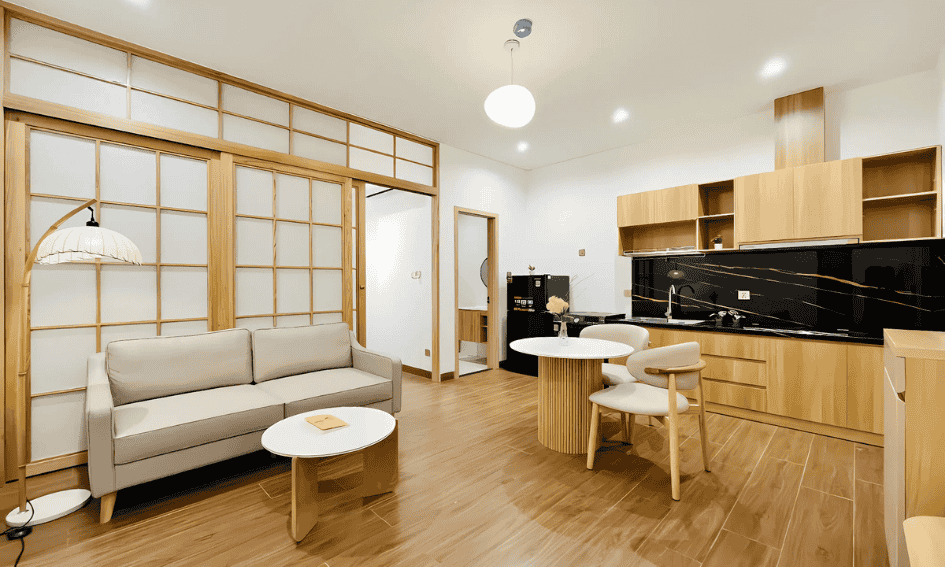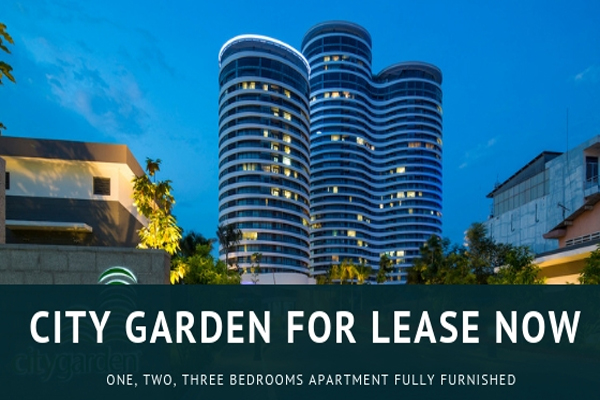Renting House in Vietnam – What Expats Need to Know
30 Sep, 2025

Vietnam has become one of the most attractive destinations in Southeast Asia for expats looking to live, work, or retire. Among its bustling cities, Ho Chi Minh City stands out as the country’s economic hub, offering a mix of modern lifestyle and cultural charm. With rapid urban development, international-standard facilities, and a growing expat community, renting a house or apartment here has become a popular choice.
For many expats, the rental market in Vietnam provides flexibility, affordable options compared to neighboring countries, and access to diverse neighborhoods. However, it also comes with challenges such as navigating legal requirements, understanding contracts, and choosing the right district. That’s why knowing what to expect before renting is essential to ensure a smooth and safe experience.
Types of Rental Properties in Vietnam
Expats in Vietnam can choose from several types of rental properties, each offering different benefits depending on lifestyle and budget.
Apartments are the most common choice, especially in Ho Chi Minh City. They are available in both mid-range and luxury options, often located in high-rise buildings with shared facilities such as gyms, swimming pools, and 24/7 security.
Serviced apartments are popular among professionals and short-term renters. These units are usually fully furnished and include services like cleaning, laundry, and reception. Although slightly more expensive, they provide convenience for those who prefer a hassle-free lifestyle.
Houses and villas are suitable for families or expats seeking more space and privacy. Many of these are located in residential neighborhoods such as Thao Dien or District 7, often with gardens, private parking, and spacious living areas.
Each option comes with its own pros and cons, so it’s important for renters to consider their long-term needs, budget, and preferred lifestyle before making a decision.

Popular Areas for Expats in Ho Chi Minh City
Choosing the right neighborhood is one of the most important decisions when renting in Ho Chi Minh City. Each district offers a different lifestyle, level of convenience, and rental price:
- Thao Dien (District 2): Expat hub with international schools, Western restaurants, and large villas. Higher rental costs but very family-friendly.
- An Phu & Binh An (District 2): Rapidly developing areas with modern apartments. Slightly more affordable than Thao Dien.
- Binh Thanh District: Mix of luxury projects like Vinhomes Central Park and budget apartments. Popular among young professionals.
- District 1: Central business and entertainment hub. Expensive rentals but close to offices, malls, and nightlife.
- District 7 (Phu My Hung): Family-oriented neighborhood with international schools and green spaces. Mid-to-high rental prices.
- Tan Binh District: Convenient for airport access. Affordable apartments suitable for professionals and small families.
- Districts 4, 5, 8, and 10: Budget-friendly areas near the center, rich in local culture. Popular among students and renters on a tight budget.
Average Rental Prices
The cost of renting in Ho Chi Minh City varies widely depending on the district, property type, and level of amenities. In central areas such as District 1 or expat-friendly neighborhoods like Thao Dien, monthly rents for luxury apartments typically range from $1,000 to $3,000. These properties often come with full facilities such as gyms, swimming pools, and 24/7 security.
Mid-range apartments in areas like Binh Thanh or District 7 are generally priced between $500 and $1,200 per month, making them popular among young professionals and families seeking a balance of comfort and affordability. For more budget-conscious renters, districts like Tan Binh, District 4, or District 10 offer options from $300 to $700 per month, often in smaller or older buildings.
Rental prices are influenced by factors such as proximity to the city center, access to international schools, transportation links, and the quality of the building. Expats are advised to compare multiple properties within their target district to get a realistic picture of the market before making a decision.
Legal Notes and Rental Contracts
When renting a house or apartment in Vietnam, especially in Ho Chi Minh City, expats should pay close attention to the legal side of the process. All agreements must be in writing and signed by both parties, ideally in both English and Vietnamese. This ensures clarity and protects the rights of both tenants and landlords.
A standard lease contract usually includes important details such as the rental price, payment terms, deposit, lease duration, and maintenance responsibilities. Most landlords require a deposit equivalent to one or two months’ rent, refundable at the end of the lease if there are no damages. Tenants should also confirm whether costs like management fees, utilities, and internet are included or billed separately.
It is strongly recommended to register your lease at the local authorities. This is not only a legal requirement but also helps safeguard your residency status in Vietnam. Working with a trusted agent or lawyer can further reduce risks and ensure compliance with local laws, especially when dealing with large property developers or long-term rental contracts.
Practical Tips for Expats
Renting a property in Ho Chi Minh City can be a smooth process if you prepare carefully. One of the most important tips is to inspect the property in person before signing any contract. Online photos can be misleading, and an on-site visit allows you to check the building’s condition, surrounding neighborhood, and available facilities.
Another useful tip is to compare several properties in the same district. This gives you a clearer idea of the market price and prevents you from overpaying. When negotiating with landlords, don’t hesitate to request a discount for long-term leases. Many owners are willing to reduce monthly rent if you commit to a year or longer.
Expats should also work with reputable real estate agencies that understand the local market and offer bilingual support. A professional agent can help with paperwork, explain legal terms, and negotiate on your behalf. Finally, maintain open communication with your landlord or property manager to ensure issues such as maintenance or contract updates are handled smoothly.
Conclusion
Renting a house or apartment in Vietnam, especially in Ho Chi Minh City, offers expats a wide range of opportunities, from affordable units to luxury residences in prime districts. By understanding the different property types, knowing which areas suit your lifestyle, and reviewing contracts carefully, you can avoid common pitfalls and secure a safe and comfortable home.
With rising demand and continuous urban development, the rental market is evolving quickly. Expats who prepare in advance, work with reliable agents, and maintain clear communication with landlords are more likely to enjoy a smooth renting experience. Whether you choose Thao Dien for its international community, District 1 for its vibrant lifestyle, or District 7 for its family-friendly vibe, Ho Chi Minh City offers a place for every preference and budget.

